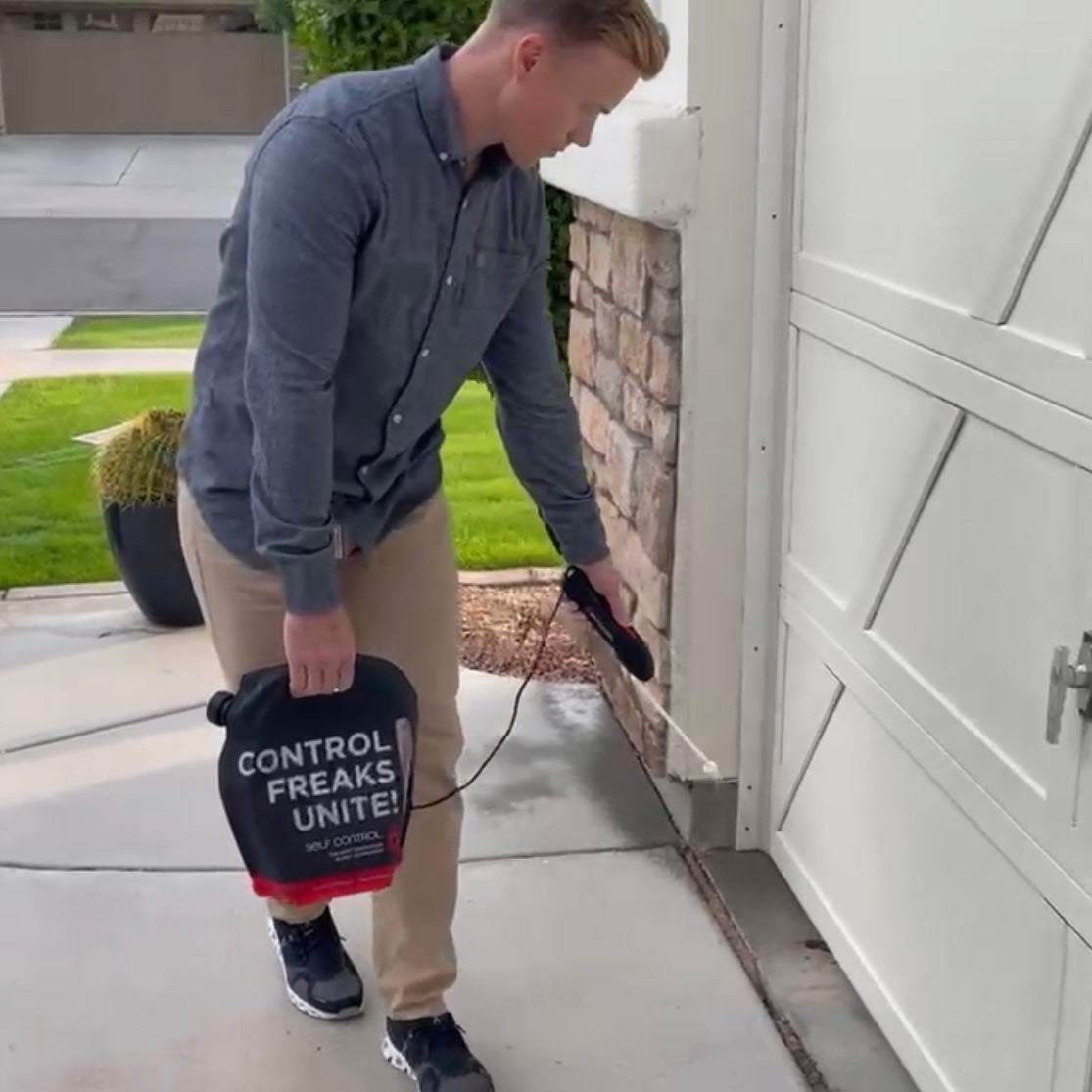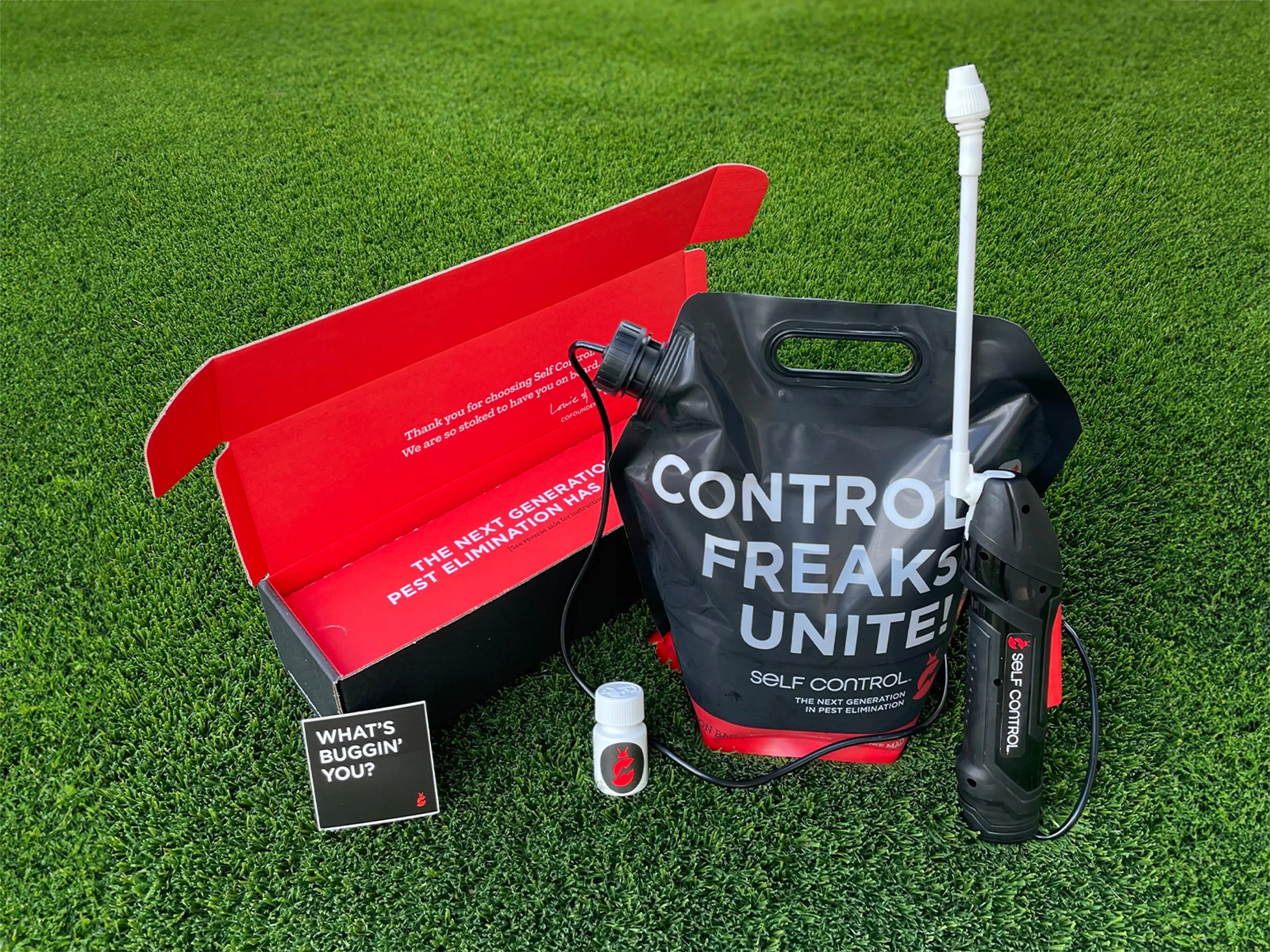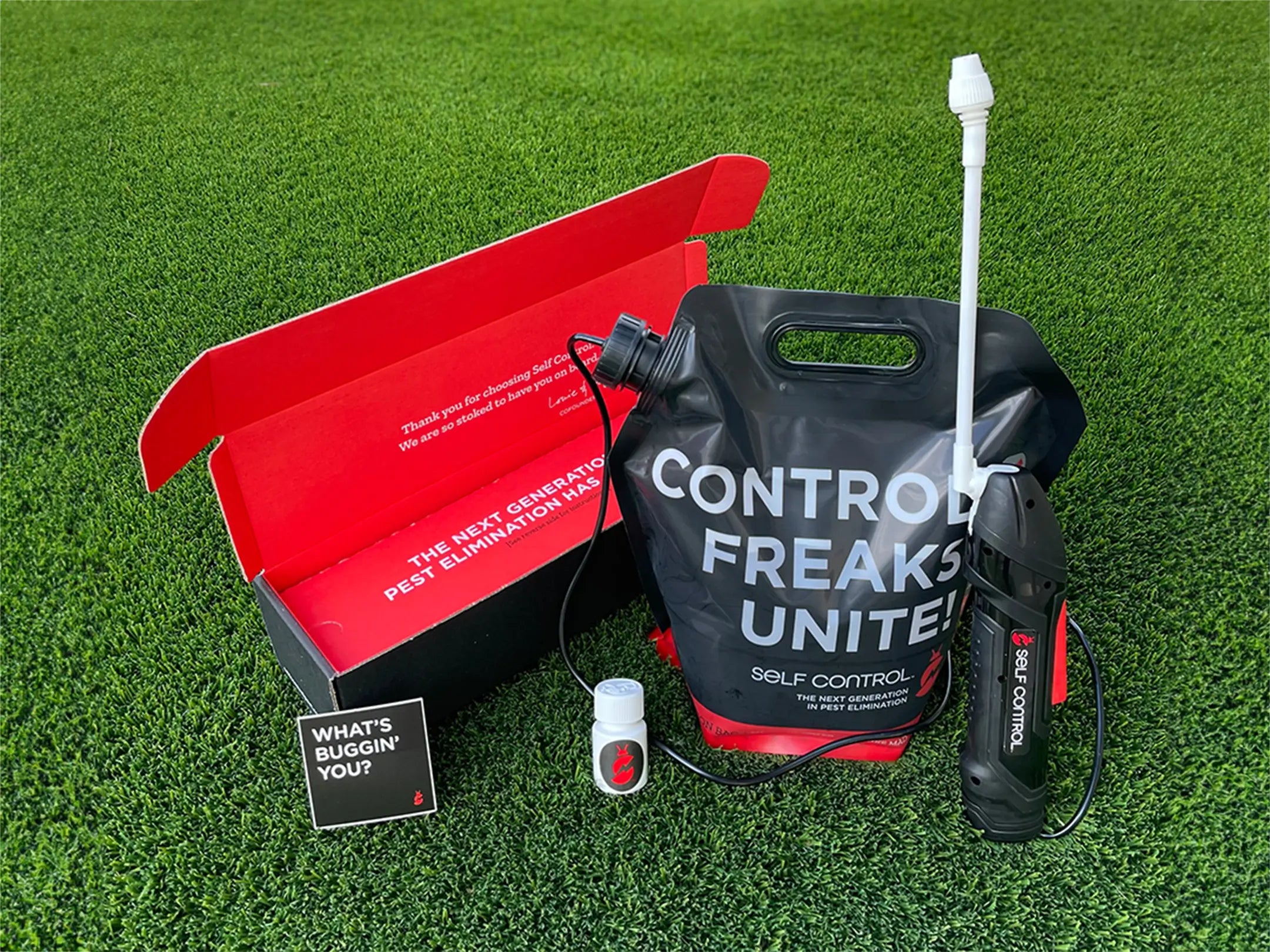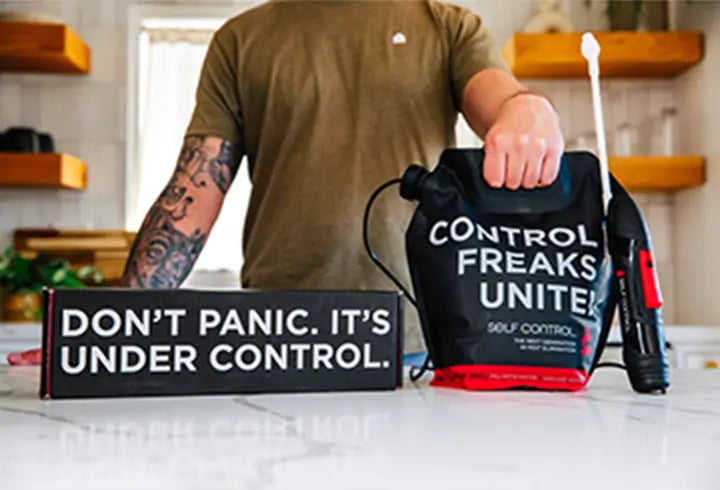
Understanding how to do home pest control yourself is extremely important since you will be able to control or eliminate them. Pests contaminate food and water and spread diseases to humans and pets. That's why taking the necessary steps to eliminate or control these creatures is important.
How to Do Home Pest Control Yourself
Doing home pest control yourself is always easy and cost-effective. It is also fast since you don't have to wait for a professional to come and inspect your home. However, it is essential to note that not all pest control methods are safe and effective. Some will work while others will not.

Most DIY pest control methods are temporary solutions and do not offer long-term protection from pests. That's why it is crucial to take a comprehensive approach when dealing with pests to ensure total control or elimination.
Effective Ways of Controlling Pests Yourself
There are ideal ways to help you eliminate or control pests in your home. The following are some of the most effective methods:
Keep Your Home Clean and Tidy
One of the easiest ways to control pests in your home is to keep it clean and tidy. This means regularly vacuuming your floors, wiping the counters and shelves with a damp cloth, and cleaning up crumbs and spills.
In most cases, vacuuming is the best option here since it helps suck up any food particles and debris that may attract pests. It also sucks the nest and eggs of some pests, which helps eliminate them from your home. When you finish vacuuming, ensure you dispose of the contents in a sealed bag. This will suffocate any pests that are present.
Pest-Proof Your Home
Another effective way to do pest management yourself is to pest-proof your home. This means sealing up cracks, crevices, and other small openings that may allow pests to enter your home. This includes sealing windows, doors, and other openings around your home.
You can also use screens on all of your windows and doors to ensure that any pests that may be present outside your home cannot get in. If you want, you can also install sticky traps around possible entry points in your home. These traps will help you capture any pests trying to get in, like cockroaches and ants.
Remove Clutter Where Pests Hide
Clutter is the best hiding place for pests, especially cockroaches and ants. Most of these find it easy to hide in piles of clothes, boxes, and other items around the house. The best solution to this problem is to do away with items that are not being used or necessary.
It is in these clutters that these pests make their nests and reproduce. If you want to eliminate them completely, it is best to eliminate the clutter where they are likely hiding. You can donate or store them away in properly sealed bins.
Eliminate Food and Water Sources
Pests will easily survive when there is plenty of food and water in the vicinity. For instance, cockroaches love to feed on food particles and scraps. Ants love to feed on sweet things like sugar, fruits, and honey—termites like feeding on wood materials such as paper, cardboard, etc.
Removing any food sources or potential sources of food lying around your house will help reduce the presence of pests in your home. Ensure you store food items in air-tight containers and immediately clean up any spills.
Protect Your Garden Area With Plants That Repel Pests
Many plants produce odors that can repel some pests. These plants include rosemary, mint, basil, Chrysanthemums, and lavender. Planting these in your garden area will help keep unwanted pests away from your home.
One of the most effective plants in this regard is the garlic plant. Garlic has a strong and pungent odor that can repel most pests, including mosquitoes, flies, and ticks. It also destroys the egg, larvae, and adult forms of pest species.
Basil is also an excellent choice as it has a strong aroma that can repel many pests. Basil is also effective in controlling aphids, small insects that feed on the leaves of plants. If you have any of these plants in your garden area, trim them regularly and keep in mind that they need lots of water to remain healthy to help keep pests at bay.
Learn From the Experts
To do pest control yourself, you need to learn how to carry out the process from the experts. Consult a pest control expert to get essential tips and tricks on how to handle your home infestations. Pest control experts can help you understand the biology of pests and recommend strategies for controlling them.

Self Control Pest is your number one resource for learning how to do pest control yourself with pest products available in various pricing tiers. We will give you tips and tricks to help you make your home pest free. Our experts will also provide you with information on the types of pests, how to identify them, and how to get rid of them.
Most Common Pests Found in Homes
There are varieties of pests that might invade your home. Some of the most common pests found in homes and the places you can find them are:
- Cockroaches: Kitchen, bathroom, and other humid areas
- Ants: Kitchen and bathrooms
- Mosquitoes: In and around water sources
- Fleas: Areas that your pets often visit
- Rodents: Attics and crawl spaces
- Termites: Any areas that have wood materials.
- Houseflies: Kitchen and bathrooms.
Frequently Asked Questions
What Is the Most Common Method of Pest Control?
The most common method of pest control is chemical extermination. This involves using insecticides or pesticides to kill or repel pests from your home. It is important to note that chemical extermination should only be used with caution and should not be done without the supervision of a professional.
What Is the Best Way to Keep Pests Away?
The best way to keep pests away is to eliminate potential food, water, and shelter sources. Remove any clutter or debris that might be a breeding ground for pests.
Conclusion
Pest control is an essential part of keeping your home safe. Taking the right steps to remove any potential sources of food, water, and shelter can help reduce the presence of pests in your home. If you see signs of an infestation in your home, it's a good enough reason to contact a pest control professional for your home.



Comments (0)
Back to Critter Chronicles